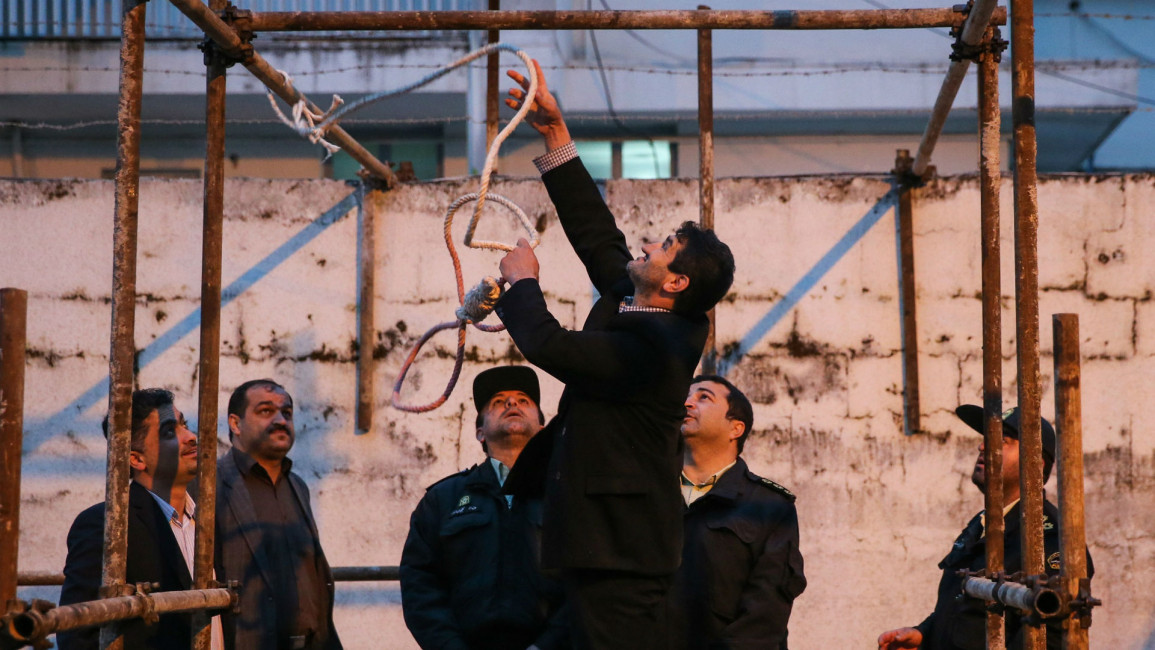UN condemns ‘surge’ in Iranian executions of juvenile offenders
The number of juvenile offenders executed in Iran has surged this year, the United Nations said on Friday, demanding an "immediate halt" in death sentences for crimes committed by those under 18.
According the UN human rights office, Iran has already put three juvenile offenders to death in 2018, compared to a total of five such executions in all of 2017.
There are currently 80 people on death row for crimes allegedly carried out when they were minors, the rights office said in a statement.
Iran should "abide by international law and immediately halt all executions of people sentenced to death for crimes committed when they were under eighteen," UN rights chief Zeid Ra'ad Al Hussein said, noting the "surge" in capital punishments.
"No other State comes even remotely close to the total number of juveniles who have been executed in Iran over the past couple of decades," Zeid said.
Those put to death this year include Mahboubeh Mofidi, who was 16 when she allegedly killed her husband, whom she married at age 13, the UN said. She was executed on January 30, at age 20.
Amir Hussein Pourjafar, accused of committing rape and murder when he was 16, and Ali Kazemi, who allegedly committed murder when he was 15, were also executed, according to the rights office.
The UN raised alarm over three other detainees it believes could be facing an imminent death sentence over crimes committed while teenagers, including Abolfazl Chezani Sharahi, Hamid Hamadi and Omid Rostami, all of whom have had their scheduled executions postponed.
Amnesty International says at least 87 people were executed in Iran from 2005 to the start of this year for crimes committed when they were minors.



